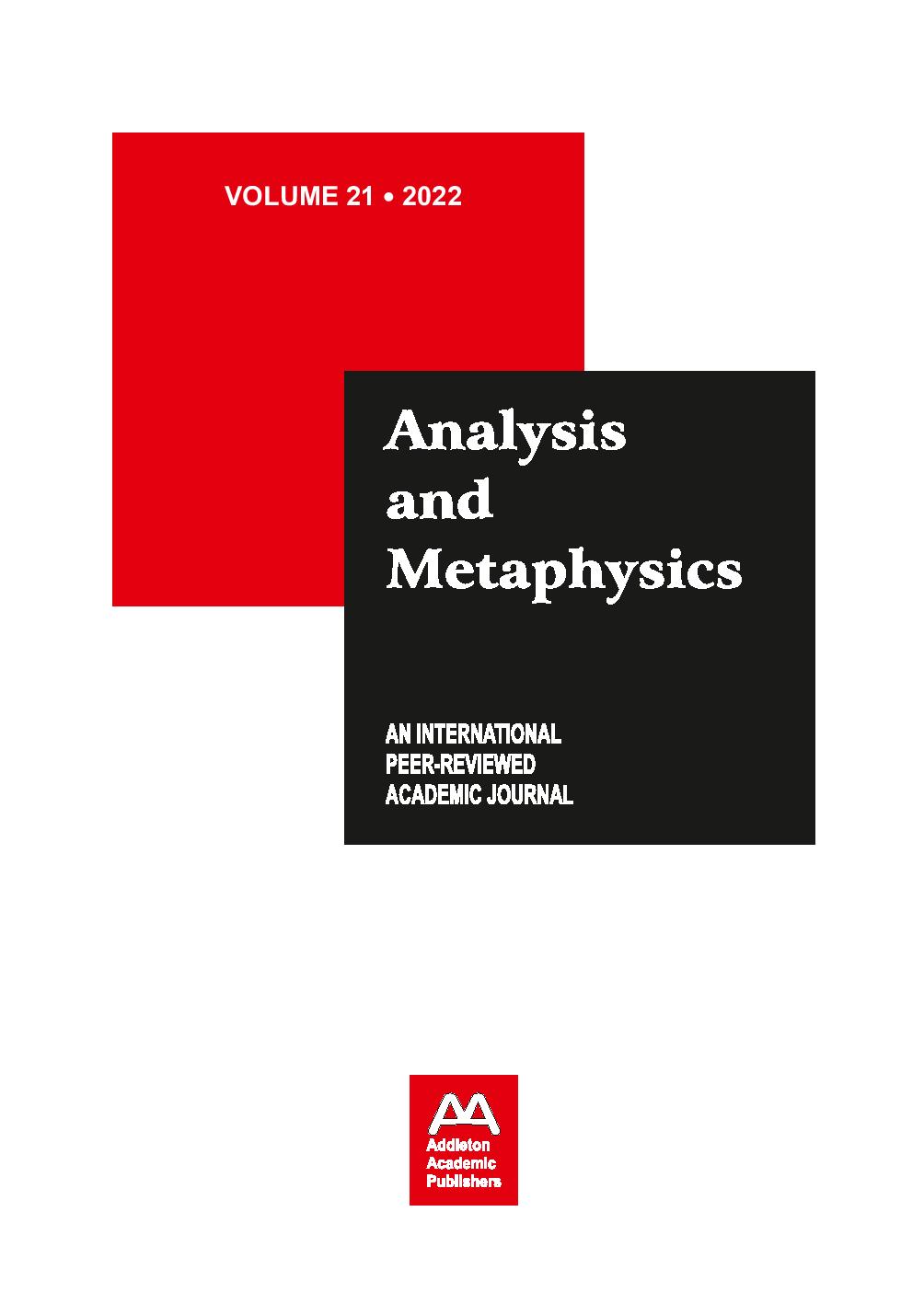Perception and Cognition Algorithms, Simulation Modeling and Data Visualization Tools, and Spatial Computing and Immersive Technologies in the Metaverse Interactive Environment
Perception and Cognition Algorithms, Simulation Modeling and Data Visualization Tools, and Spatial Computing and Immersive Technologies in the Metaverse Interactive Environment
Author(s): Nancy MorleySubject(s): Management and complex organizations
Published by: Addleton Academic Publishers
Keywords: perception and cognition algorithms; simulation modeling; data visualization; spatial computing; immersive technologies; metaverse
Summary/Abstract: I draw on a substantial body of theoretical and empirical research on 3D immersive content in the metaverse economy. With increasing evidence of immersive virtual experiences developing on deep learning artificial intelligence tools, biometrics data fusion, and natural language processing algorithms, there is an essential demand for comprehending whether immersive shopping experiences and metaverse customer engagement integrate geospatial mapping tools throughout virtual marketplaces. In this research, prior findings were cumulated indicating that User biometric data shape personalized customer shopping behavior in relation to 3D immersive content across virtual marketplaces. I carried out a quantitative literature review of ProQuest, Scopus, and the Web of Science throughout May 2022, with search terms including “metaverse” + “perception and cognition algorithms,” “simulation modeling and data visualization tools,” and “spatial computing and immersive technologies.” As I analyzed research published in 2022, only 146 papers met the eligibility criteria. By removing controversial or unclear findings (scanty/ unimportant data), results unsupported by replication, undetailed content, or papers having quite similar titles, I decided on 34, chiefly empirical, sources. Data visualization tools: Dimensions (bibliometric mapping) and VOSviewer (layout algorithms). Reporting quality assessment tool: PRISMA. Methodological quality assessment tools include: AMSTAR, Distiller SR, ROBIS, and SRDR.
Journal: Analysis and Metaphysics
- Issue Year: 2022
- Issue No: 21
- Page Range: 244-260
- Page Count: 17
- Language: English
- Content File-PDF

